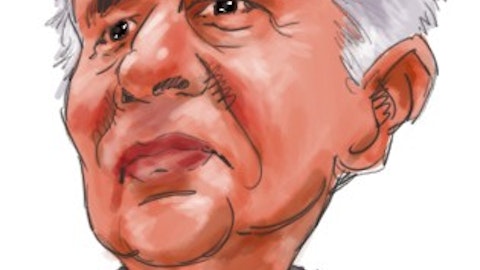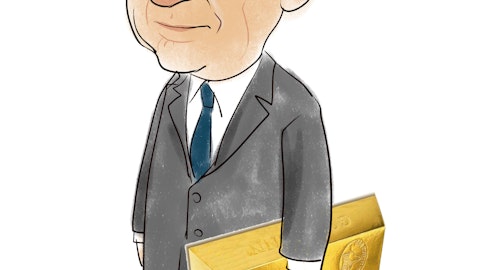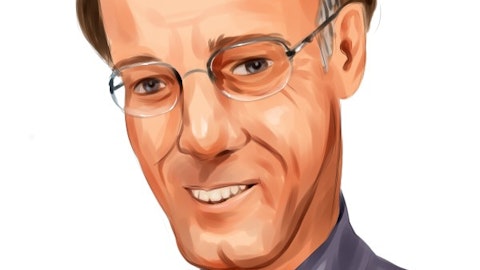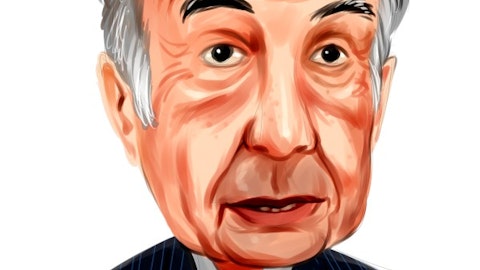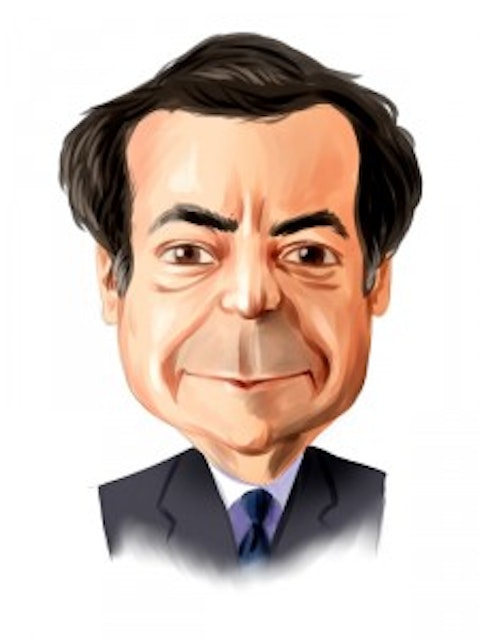
The most common investment thesis behind Mylan is that as an increasing number of drugs go off-patent in the coming years, Mylan will be able to develop and sell generic equivalents. The vast majority of Mylan’s revenue is generated by generic drugs, though higher sales of its branded auto-injector for treating allergic reactions caused high growth in the branded segment. Overall, revenues increased 7% in the second quarter compared to the same period a year ago; earnings slightly decreased, but thanks to a fall in share count earnings per share were essentially unchanged. In the first half of 2012, Mylan saw a 7% increase in earnings, as revenue grew 9%, as well as the fall in share count. This drove its earnings per share up to 62 cents, compared to 56 cents in the first half of 2011.
Mylan’s second quarter report beat the Street’s earnings expectations, something the company had done in the previous three quarters as well. The beats have been narrow, but should give investors more confidence in the company’s ability to meet sell-side targets in the future. At the moment, analyst consensus is for earnings per share of $2.74 for 2013 and, with half the year in the books, $2.51 for 2012; this implies a 9% EPS growth rate next year, about in line with what it has done so far this year. The trend in patent expiration gives the company avenues to future growth, and Mylan has recently announced a partnership with Pfizer Inc (NYSE:PFE) to produce generic drugs for the Japanese market. The sell-side’s expectations imply a forward P/E of 9, which seems cheap, and going out further the five-year PEG ratio is 0.9.
The two closest peers for Mylan are Teva Pharmaceutical Industries Ltd (NYSE:TEVA) and Watson Pharmaceuticals Inc (NYSE:WPI). Both companies, similarly to Mylan, produce both generic and branded drugs. Teva is a monster value stock on a quantitative basis: it trades at 11 times trailing earnings, 7 times forward earnings estimates, and is coming off a 50% bump in earnings compared to the same period in the previous year. At a $35 billion market capitalization, it is also over three times Mylan’s size. Over the longer term, however, the sell-side has its growth coming in just under the smaller company’s and its five-year PEG ratio is 1. We still think it might be better to take the value and a 2.1% dividend yield now rather than trust the Street. Watson has high growth targets, with its earnings per share expected to increase 40% in 2013 compared to 2012; the forward P/E is 10, but this is higher than either of its peers we’ve discussed and depends on what looks to be quite a bit of optimism. Considering future growth prospects all three of these companies seem like good investments in the trend of generic pharmaceuticals. Mylan is certainly a good pick if investors believe that D.E. Shaw ‘s and Paulson’s positions outweigh the narrowly better value in quantitative terms at Teva.
